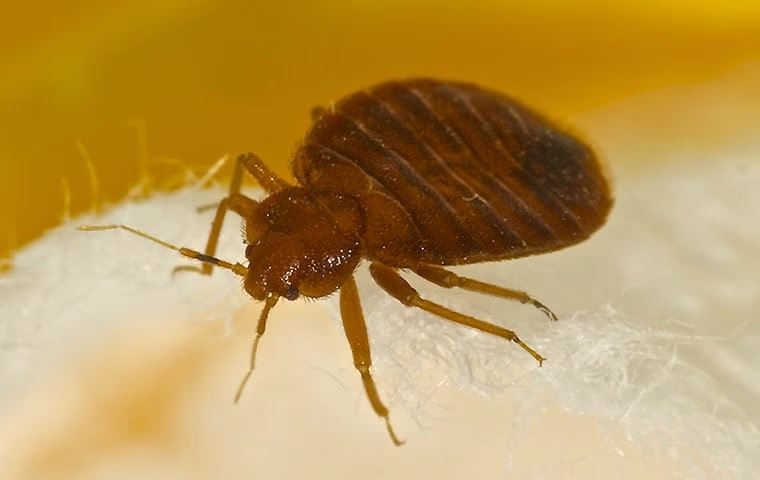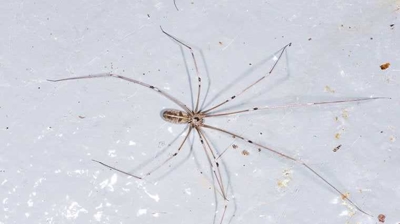
Bed Bug Identification & Prevention
Frequently Asked Questions About Bed Bugs
Have questions? We are here to help. Still have questions or can't find the answer you need? Give us a call at 252-424-7966 today!

-
How can I prevent bed bugs in the future?
Pests are not just a nuisance: they pose potential health risks and are capable of damaging property. Avoid problems with bed bugs with the help of the following prevention tips.
- When at work or school, keep your belongings away from other people's belongings.
- Keep bags, coats, and other belongings up off of the floor of any public place.
- If possible, do not purchase used furniture, mattresses, or bedding for use in your home.
- Always inspect your hotel room for bed bugs before bringing luggage and other belongings inside.
- After returning home from a trip, immediately wash and dry all clothing on the highest heat setting possible.
- Vacuum out and wipe down suitcases before storing them away.
- Launder newly purchased clothing on a high heat cycle.
- Provide bed bugs with minimal spaces to hide out in your home by reducing clutter.
- Never leave piles of dirty laundry on the floor.
- Place bed bug proof covers on mattresses and box springs.
-
How do I get rid of bed bugs?
Acquiring help from a professional pest control expert is the best way to eliminate bed bugs and keep them from returning. At Albemarle Termite & Pest Control, our technicians are highly trained and dedicated to providing safe and effective bed bug control services that are affordable. We are a local, family-owned pest control company whose number one priority is putting our customers first and exceeding expectations. For home or business owners looking to eliminate pests from their property once and for all, call Albemarle Termite & Pest Control today!
-
Where will I find bed bugs?
Bed bugs are indoor pests. Their indoor lifestyle allows them to remain active throughout the entire year. You'll find them hiding in sleeping areas, but as an infestation grows, they will move throughout the home, infesting multiple rooms or floors.
Bed bugs hide in the seams of mattresses, box springs, and upholstered furniture, in cracks in walls and wood furniture, behind hanging clocks and pictures, and inside wall voids behind electric outlets.
People come into contact with bed bugs in almost any public environment. Some common hideouts for bed bugs include hotels, airports, hospitals, schools, dormitories, airports, libraries, movie theaters, and shopping centers.
-
Why do I have a bed bug problem?
Bed bugs get into homes in a variety of ways. They will hitchhike their way inside on secondhand items like furniture, mattresses, and box springs.
Bed bugs live wherever there are people; this means you can come into contact with them almost anywhere. After coming into contact with bed bugs, they will crawl onto your clothing or belongings and into your home.
Bed bugs will also move throughout buildings through walls, wires, and plumbing pipes.
-
Are bed bugs dangerous?Bed bugs are capable of acquiring human pathogens during the feeding process, but they are not currently associated with spreading diseases that are a significant threat to people. However, these pests bite, leaving behind raised red, itchy welts for those allergic to a protein found in their saliva. Excessive scratching of the bites may lead to a secondary infection that needs to be treated by a medical professional.
-
What are bed bugs?Bed bugs are parasitic pests that live close to people. These insects feed exclusively on the blood of birds and mammals, with people being their favorite hosts. Bed bugs are oval in shape and a brownish-red color. Adults grow to about ¼ of an inch long. They feed using their elongated proboscis, which, when not feeding, is held up underneath their body. Bed bugs are prolific pests, and a single female can produce more than 300 eggs in her lifetime.



